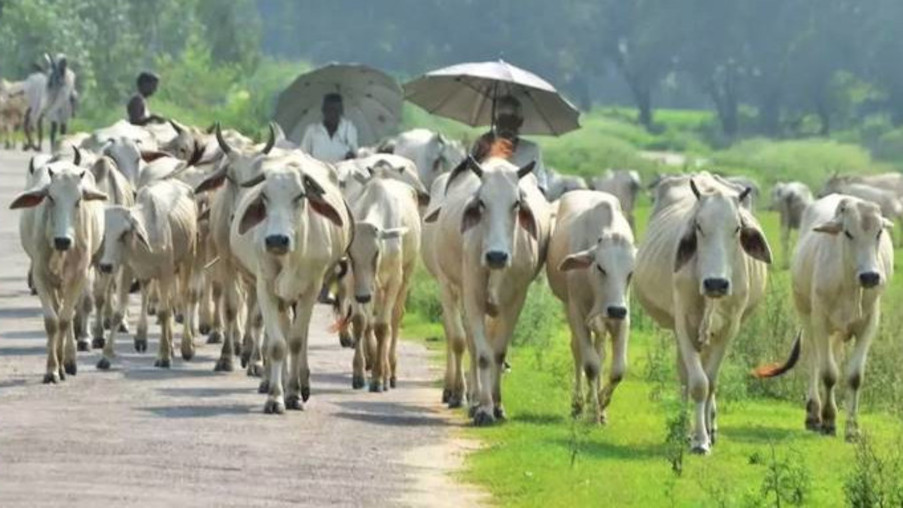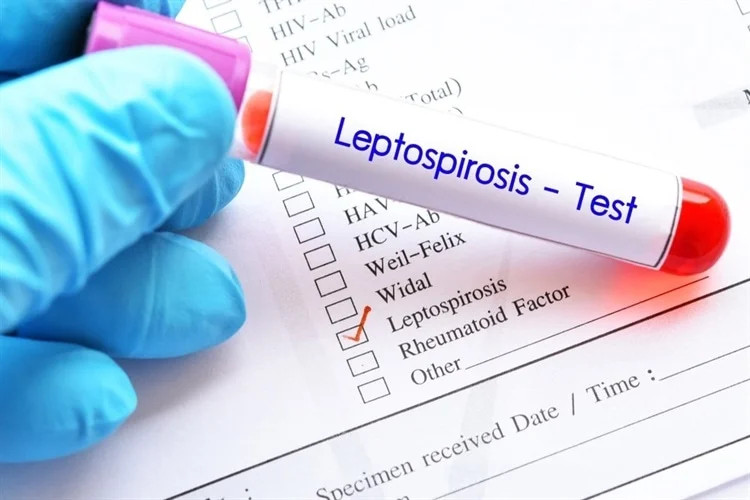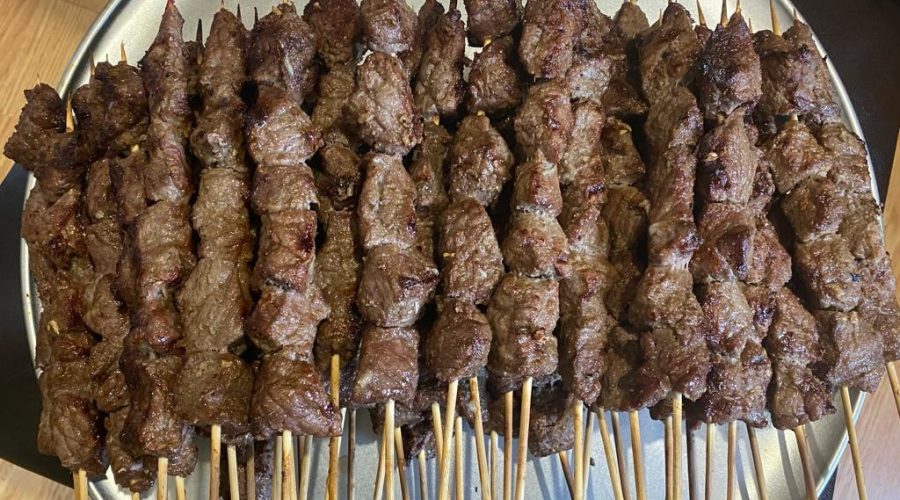Heat stress has a significant impact on milk yield traits and metabolites in tropical dairy cattle. When cattle are exposed to high ambient temperatures and humidity, they experience heat stress, which can lead to reduced milk production and changes in metabolic processes. Heat stress negatively affects milk production in dairy cattle. The decline in milk yield can be attributed to several factors, including decreased feed intake, altered hormonal balance, and impaired rumen function. Heat-stressed cows tend to eat less, resulting in reduced nutrient intake and subsequently lower milk production. Further, heat stress can lead to changes in milk composition. The fat content of milk may increase, while protein and lactose concentrations may decrease. These alterations in milk composition can affect the overall quality and profitability of milk production.
Heat stress disrupts the metabolic processes in dairy cattle. It can cause an imbalance in energy metabolism and nutrient utilization. Heat-stressed cows often have increased levels of stress hormones, such as cortisol, which can impact metabolic pathways. This may lead to a shift in energy allocation away from milk production towards thermoregulation and maintenance. Heat stress can also disturb the electrolyte balance in cattle. As the animals attempt to dissipate heat, they perspire more and lose significant amounts of water and electrolytes through sweating. This can lead to dehydration, imbalances in sodium, potassium, and calcium levels, and ultimately affect milk production and overall health. Heat stress negatively affects reproductive performance in dairy cattle. Elevated temperatures can disrupt estrous cycles, reduce oocyte quality, and impair embryo development. These factors contribute to decreased conception rates and increased days open, resulting in reduced overall reproductive efficiency.
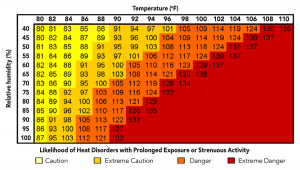
This heat chart index indicates the severity of heat stress of a dairy cow.
© 2018 Habeeb, A.A., Gad, A.E., Atta, M.A. Available at: https://doi.org/10.18689/ijbr-1000107
Researchers from Sokoine University of Agriculture (SUA), Morogoro, Tanzania; Tanzania Livestock Research Institute (TALIRI) Eastern Zone, Tanga; International Livestock Research Institute (ILRI), Nairobi, Kenya; and School of Animal Sciences, Virginia Polytechnic Institute and State University, Blacksburg, VA, United States. This research team conducted an intensive research on Heat stress effects on milk yield traits and metabolites and mitigation strategies for dairy cattle breeds reared in tropical and sub-tropical countries. The team give a detailed review information on the understanding of the biological mechanisms of climatic adaptation, identifying and exploring signatures of selection, genomic diversity and identification of candidate genes for heat tolerance within indicine and taurine dairy breeds is an important progression toward breeding better dairy cattle adapted to changing climatic conditions of the tropics.
Identifying breeds that are heat tolerant and their use in genetic improvement programs as crucial for improving dairy cattle productivity and profitability in the tropics. Genetic improvement for heat tolerance requires availability of genetic parameters, but these genetic parameters are currently missing in many tropical countries. In their reviewed article of the heat stress effects on dairy cattle on physiological parameters; milk yield and composition traits; and milk and blood metabolites for dairy cattle reared in tropical countries were critically discussed.
To mitigate the adverse effects of heat stress on milk yield traits and metabolites in tropical dairy cattle, various management strategies can be implemented. These include mitigation strategies such as physical modification of environment like providing proper shade and ventilation; adjusting feeding practices to maintain adequate nutrient intake and ensuring access to clean and cool drinking water; and genetic development of heat tolerant dairy cattle through modifying breeding programs to select for heat-tolerant genes. In tropical climates, a more and cost-effective strategy to overcome heat stress effects is to genetically select more adaptable and heat tolerant breeds, use of crossbred animals for milk production, i.e., crosses between indicine breeds such as Gir, white fulani, N’Dama, Sahiwal or Boran to taurine breeds such as Holstein[1]Friesian, Jersey or Brown Swiss.
Additionally, incorporating heat stress mitigation strategies into the overall herd management plan can help minimize the impact of heat stress on milk production and animal health. The results of this review will contribute to policy formulations with regard to strategies for mitigating the effects of HS on dairy cattle in tropical countries.
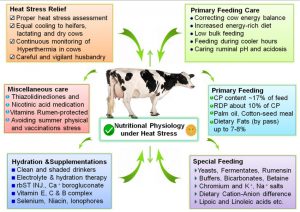
Source: Sesay, A. R. (2023).
For more information: Click HERE
Habimana, V., Nguluma, A. S., Nziku, Z. C., Ekine-Dzivenu, C. C., Morota, G., Mrode, R., and Chenyambuga, S. W. (2023). Heat stress effects on milk yield traits and metabolites and mitigation strategies for dairy cattle breeds reared in tropical countries. Frontiers in Veterinary Science, 10, 1121499.
The Department of Animal, Aquaculture, and Range Sciences
The College of Agriculture, Sokoine University of Agriculture
Share this page

